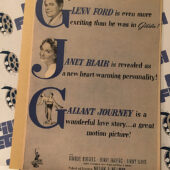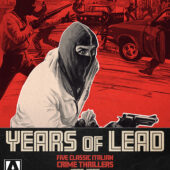


Every time former Booty Call-er Jamie Foxx rasps his voice, sways gracefully on a piano bench, or hugs his own torso in triumph, we lose the actor we’ve come to know completely. Left standing in his place is the late Ray Charles, staring back at us from behind those trademark sunglasses – and yes, we eventually learn why he wears them.
Foxx’s tribute, solidified whenever he breaks into Charles’ signature grin, goes beyond mimicry to find the soul of one of America’s most gifted songwriters. You’ll undoubtedly leave Ray talking about Foxx’s career performance. The discussion may continue right up until Oscar night.
The rest of this competent biography from director Taylor Hackford (Proof of Life), though, doesn’t live up to Foxx’s unexpectedly stunning portrayal. Soulful, sorrowful, and relatively safe, Ray stalls for extended periods on the lowest points of a legend’s life without finding balance and properly celebrating the highs. For a man who utilized so many musical keys, Charles’ life story comes off as relatively one-note.
Hackford’s pedigreed Behind the Music episode begins in 1949, when accomplished pianist Ray Charles (Foxx) arrives in Seattle to conquer the local jazz club scene. It doesn’t take long for the leeches to latch on to Charles’ soaring star. Simultaneously, Hackford stylishly cuts back to the artist’s roots in rural Florida to fill in some of his narrative gaps. Blind since the age of 7, Charles adopts his mother Aretha’s (Sharon Warren) fighting spirit and suffers severe emotional pain after his brother, George (Terrone Bell), drowns in a childhood accident. The memory haunts Ray throughout the film, and Hackford effectively uses water as a suspenseful device, but – in true Hackford fashion – goes back to that particular well one too many times.
Charles’ undeniable talent eventually carries him to the top of the charts. He meets and marries Della Bea (Kerry Washington), a Texas singer who inadvertently helps Charles find his voice through the melding of gospel, blues, and country music. Ray continues its journey through Charles’ early years at Atlantic Records, his reluctant fight to end Deep South segregation, and the standard temptations that plague all artists on the road.
When thing start getting interesting, Ray stops. Hackford takes an unhealthy interest in showcasing Charles’ warts, and this incomplete biopic grows repetitive and flabby in its final act. Foxx’s portrayal always keeps us riveted, and the assorted musical asides positively hop with flair. Ray becomes kinetic every time The Genius touches his piano keys.
But Hackford lingers on Charles’ losing battle with drugs long after we’ve gotten the point, beating the man’s substance abuse into the ground before unsuccessfully tying it together through an overly melodramatic rehabilitation. Tacked on title cards explain what Charles did for the next 40 years after kicking his habit. A better film might have showed us more. Hackford’s Ray is a greatest hits compilation that’s missing a few tunes. It lingers too long on the man’s pitfalls and shortchanges his contributions to society that came later in life. This may be a piece of music history, but it will sound sweetest to those already indebted to Charles and the genre he ruled for decades.
Review by Sean O’Connell © 2004 filmcritic.com








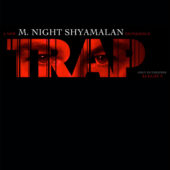
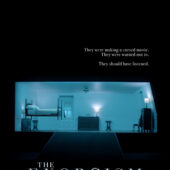






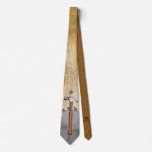




![Lot of 3 Press Publicity Photos for The Three Stooges [PHO894]](https://www.filmfetish.com/img/p/2020/09/photo-lot-pho894-003-170x170.jpg)
![Madison Square Garden New York City (1950s) Photo [220417-7]](https://www.filmfetish.com/img/p/2022/10/220417-7-madison-square-garden-11x85-web-170x170.jpg)
![Sexy Cult Movie Actress Toni Naples Bikini Photo [220102-6]](https://www.filmfetish.com/img/p/2022/11/220102-6-toni-naples-85x11-web-170x170.jpg)
![Grand Central Station New York City Morning Sun Through Windows Photo [240320-21]](https://www.filmfetish.com/img/p/2024/03/240320-21-11x85-web-170x170.jpg)







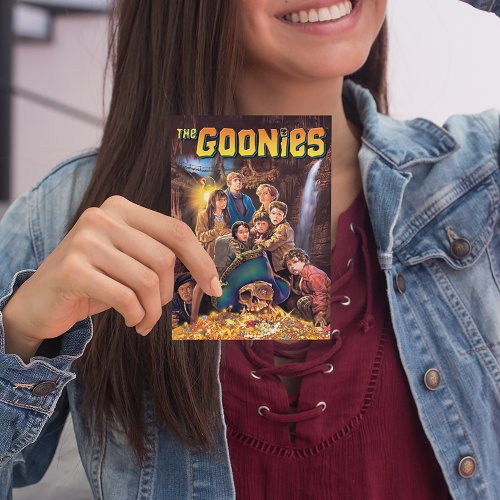

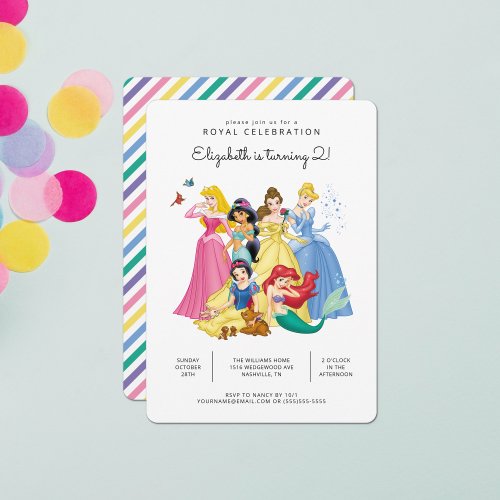

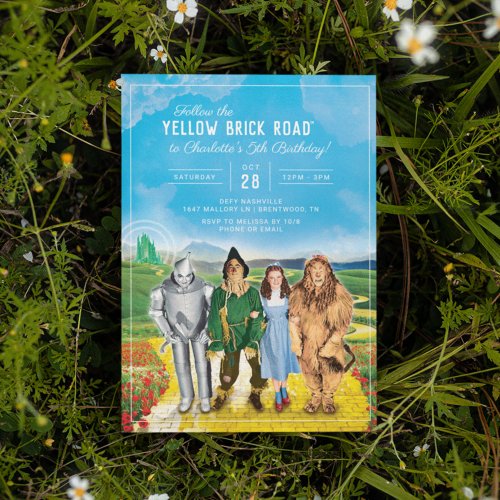



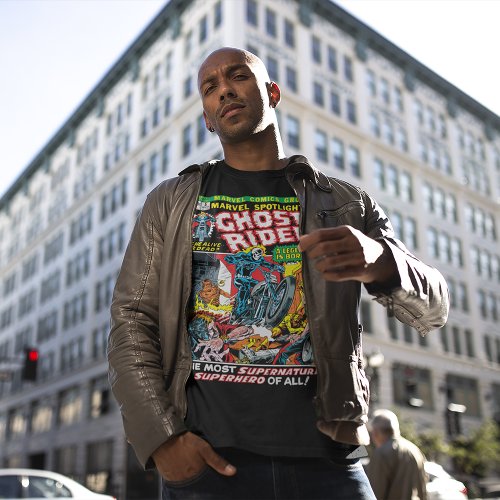


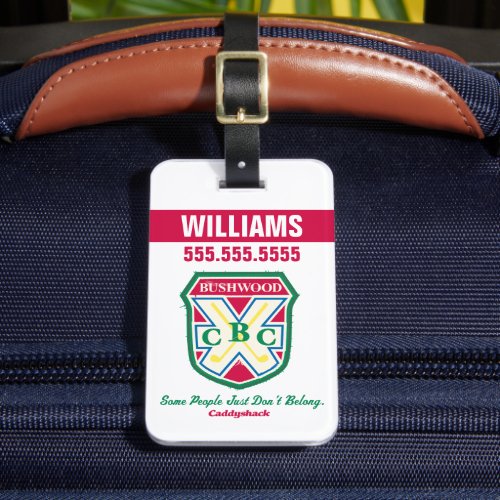
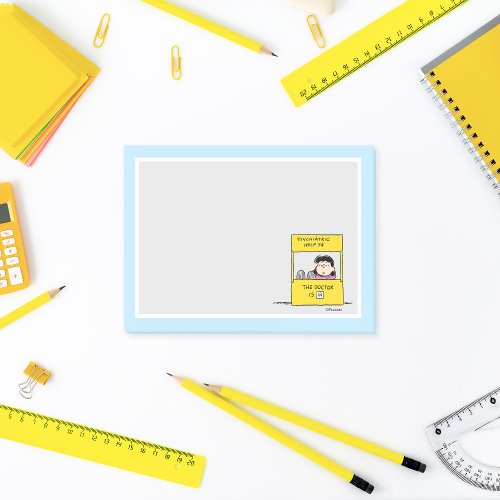

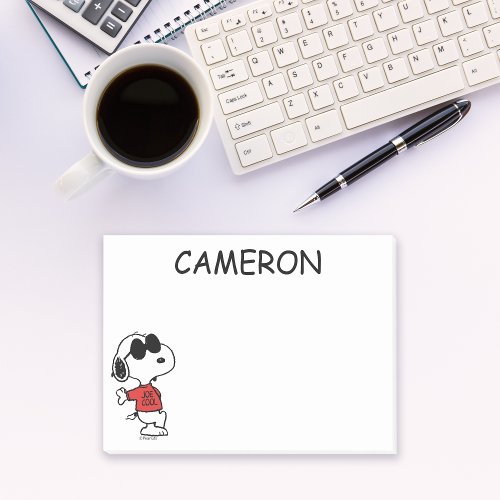
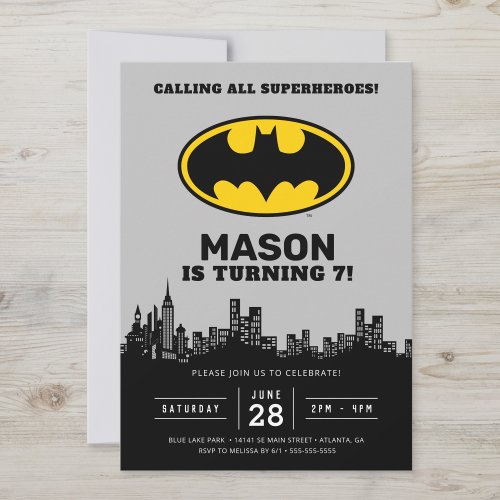

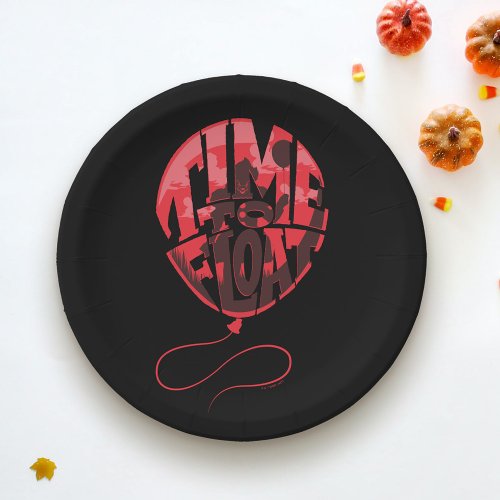


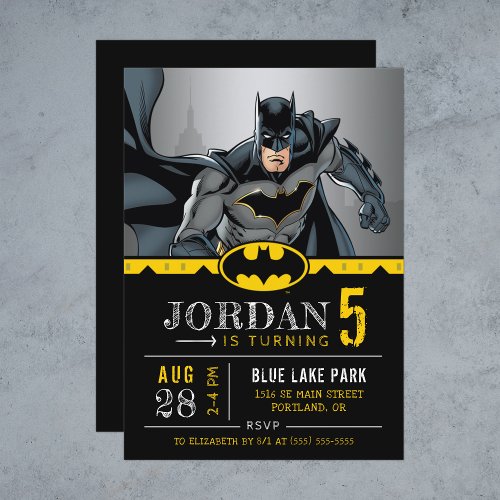
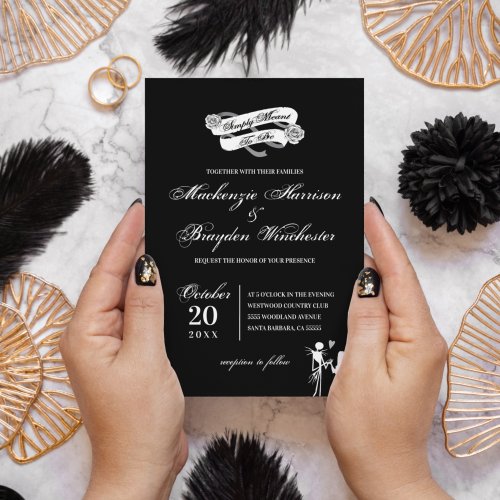



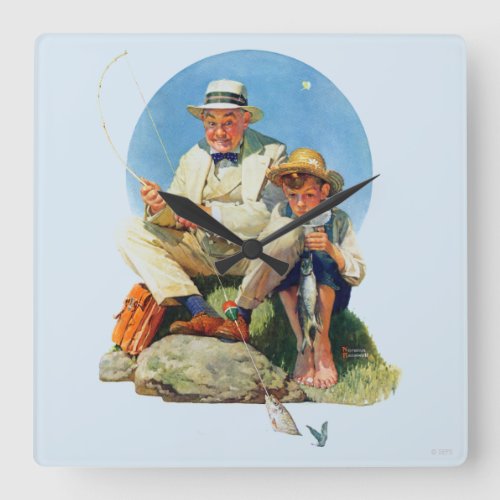
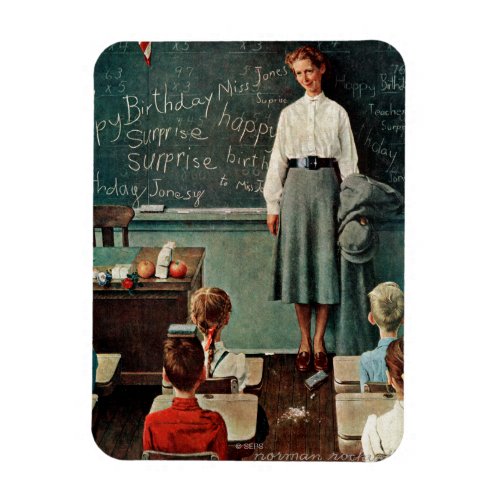
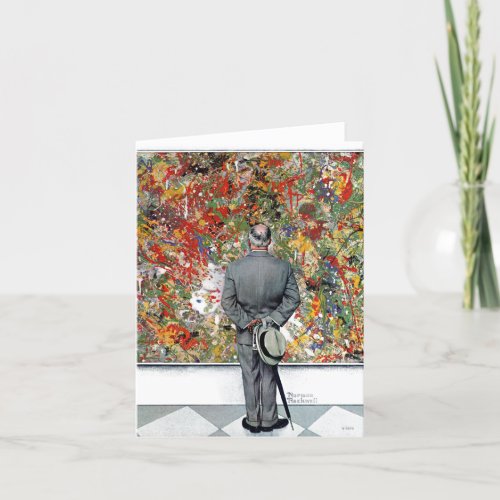




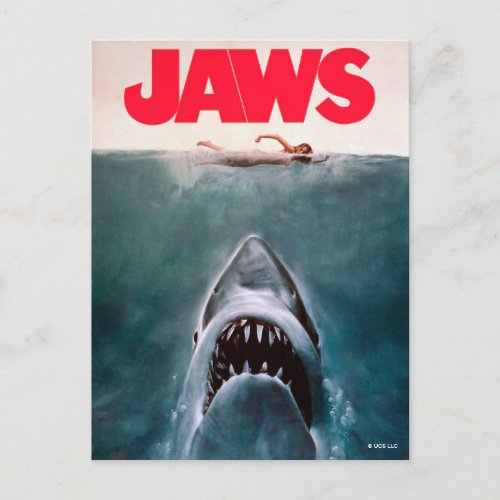


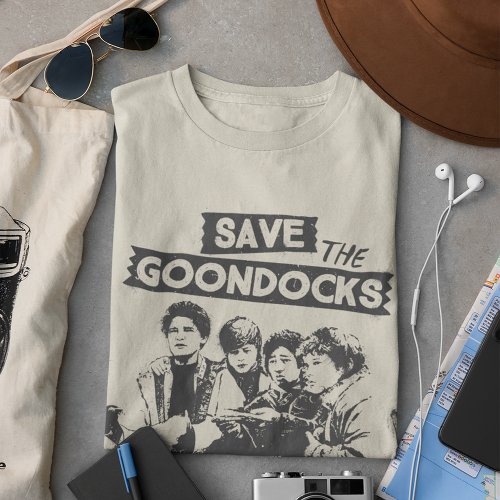



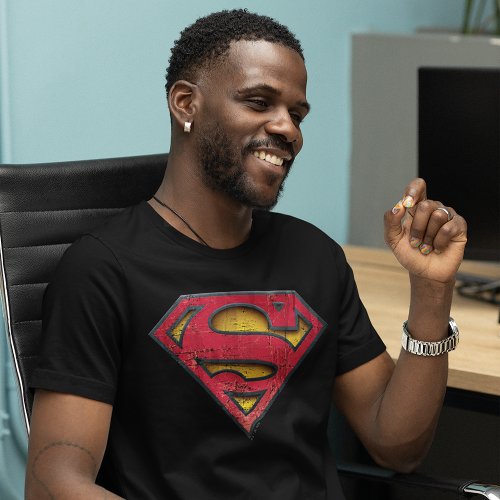
![Fortune Magazine Special Issue (October 4, 2004) Inside the New China [12113]](https://www.filmfetish.com/img/p/2020/06/fortune-magazine-12113-01-170x170.jpg)
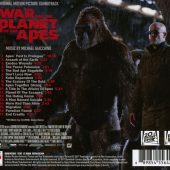

![Twilight 11×17 inch Promotional Movie Poster, Kristen Stewart, Robert Pattinson [I70]](https://www.filmfetish.com/img/p/2021/06/twilight-i70-01-170x170.jpg)
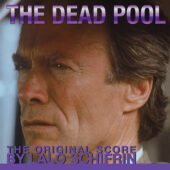

![Jeff Beck Wired Original 1976 Vinyl LP Epic Records PE33849 [J65]](https://www.filmfetish.com/img/p/2023/01/P1470560--170x170.jpg)
